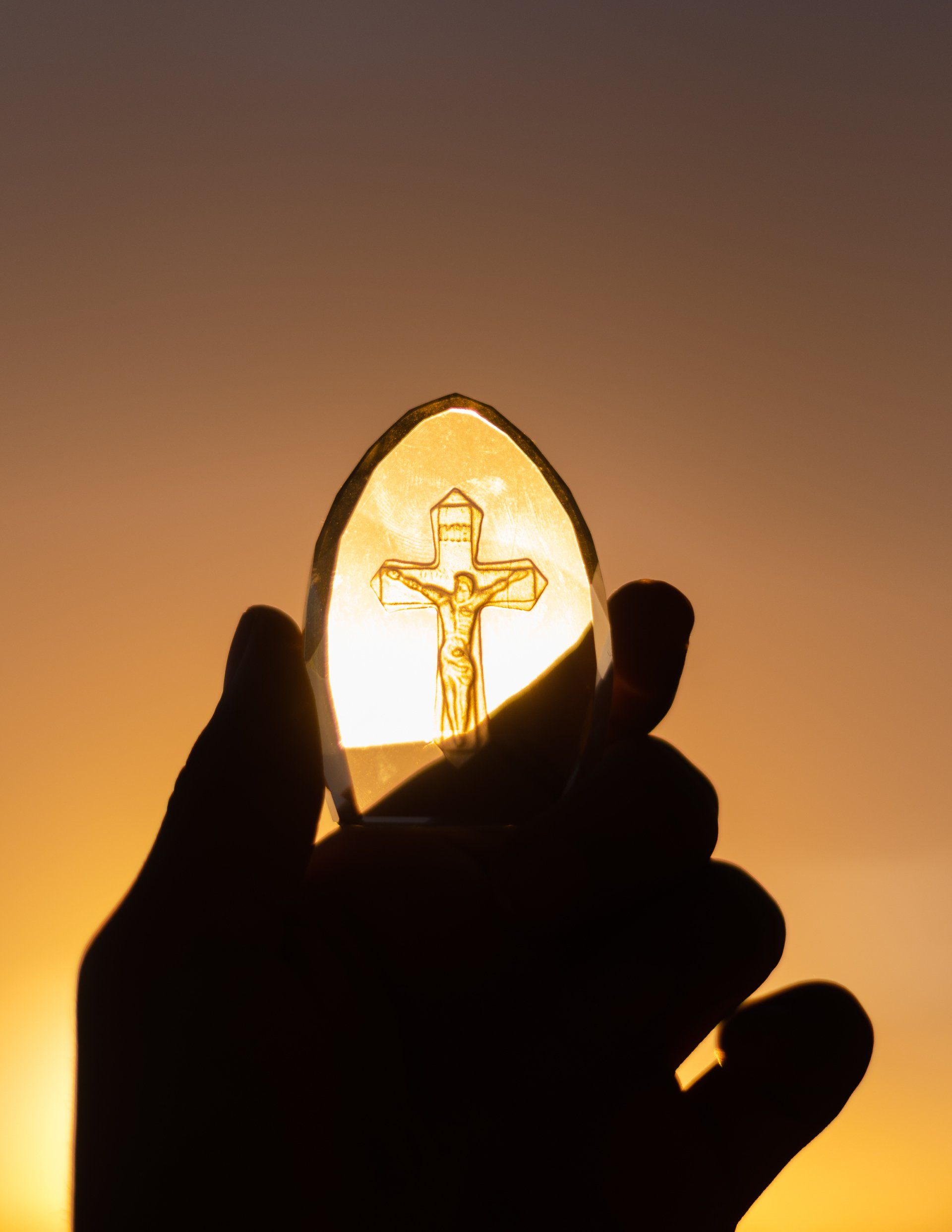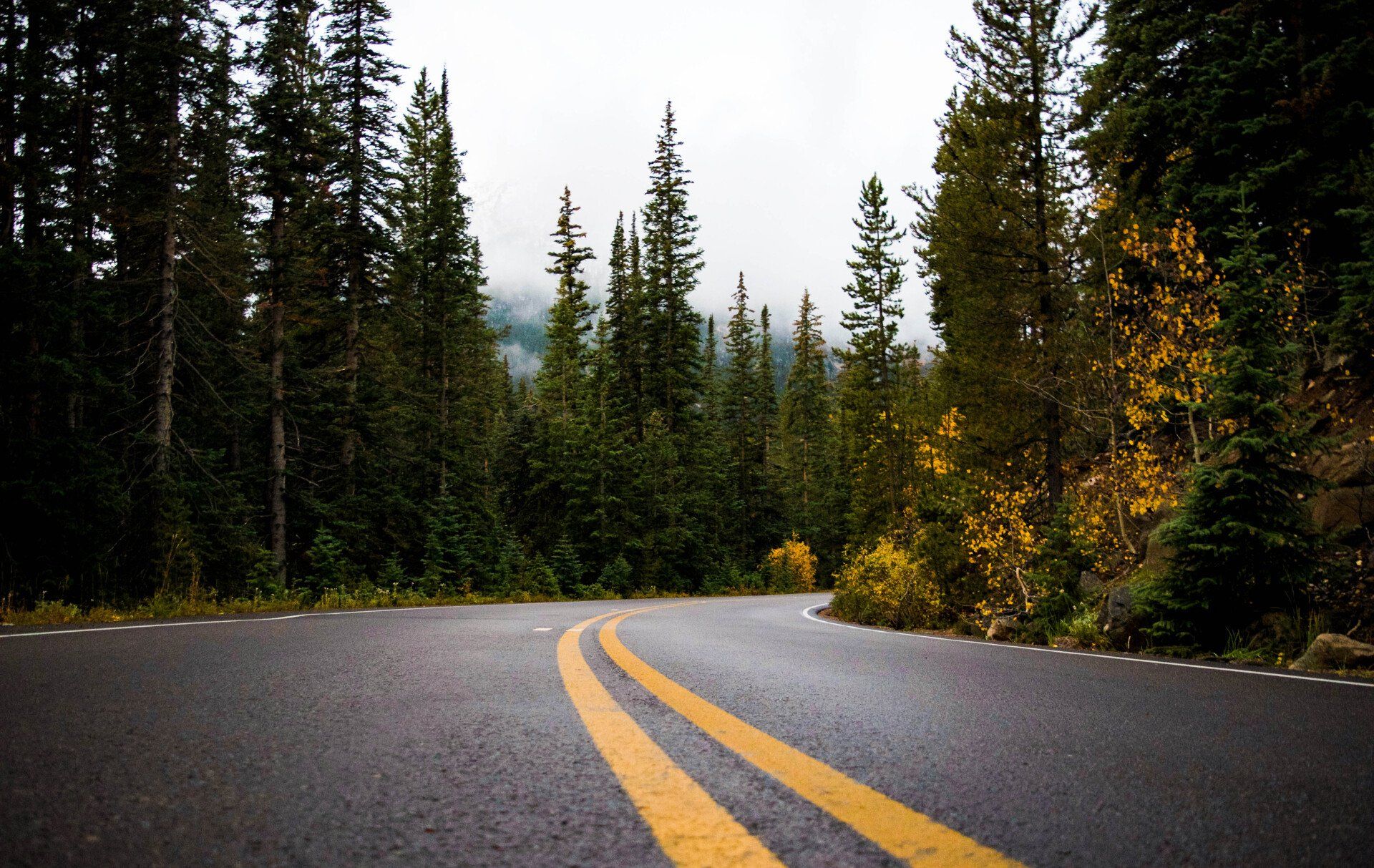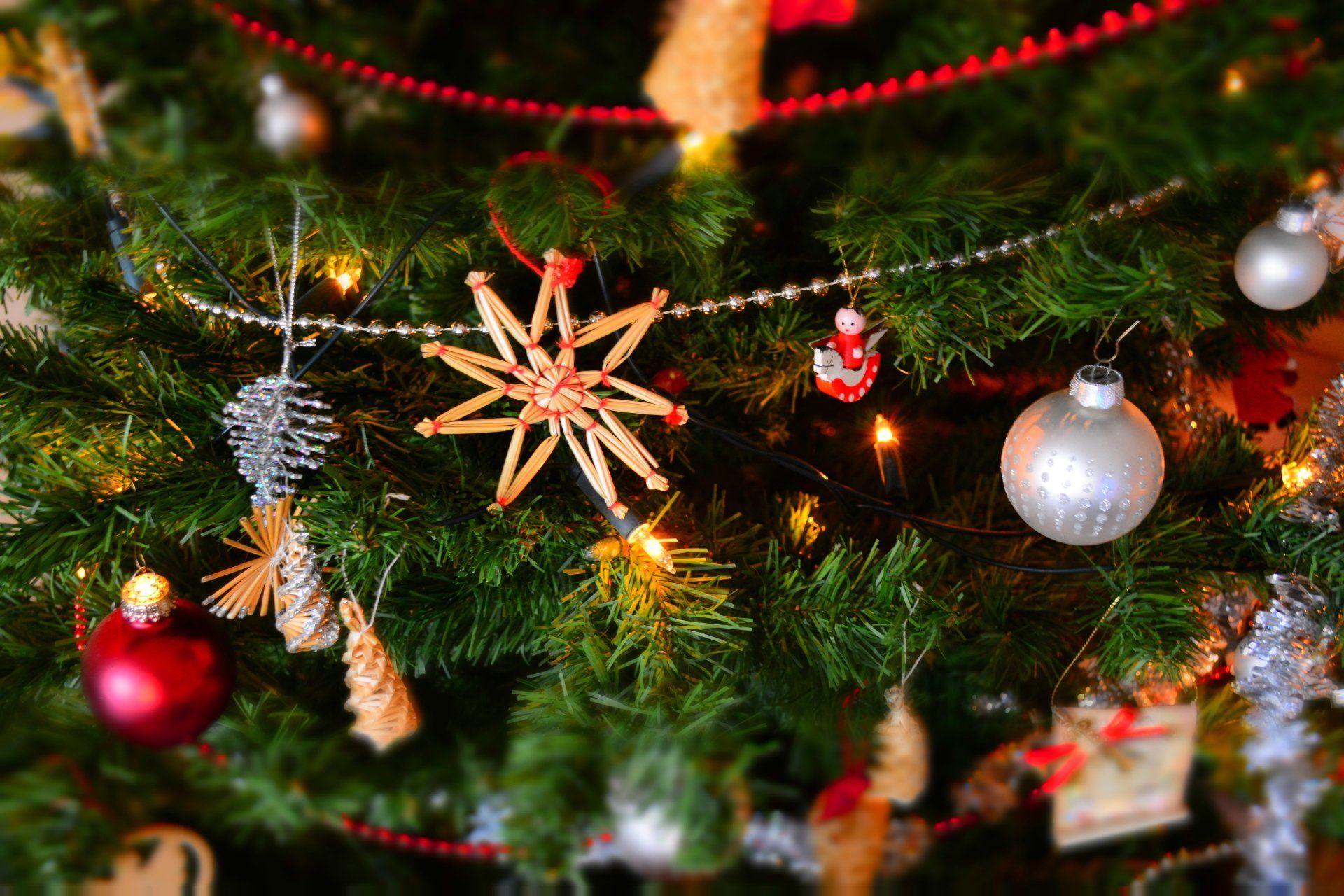WELCOME TO SAINT PETER'S
Grow Disciples
Serve Bennington
Connect Each Other

You Are Invited
St. Peter’s Episcopal Church is a parish with a proud history in the Episcopal Diocese of Vermont since 1834, and we look forward to you joining us for worship! St. Peter’s is an open and affirming church, welcoming all of God’s people. We are a non-profit, religious organization providing outreach and resources to people and families.
When arriving at St. Peter’s either by the front door or by the ramp, you will be greeted and then an usher will assist you to a seat. If you have any questions about the service just ask and usher, or your neighbor sitting near you, and they will be happy to help you.
Following the service there are coffee, juice and treats in the Parish Hall. The usher, greeter or the person next to you will show you the way.
Experience St. Peter's
Upcoming Events
-
Sun. Apr 21 - 8 & 10 AM - Morning Prayer
8 AM in the Lady Chapel
10 AM in the Sanctuary
Coffee hour will follow the 10 AM service. All are Welcome!
-
Sun. Apr 28 - 8 & 10 AM - Holy Communion
8 AM in the Lady Chapel
10 AM in the Sanctuary
Coffee hour will follow the 10 AM service. All are Welcome!
-
Sun. May 5 - 8 & 10 AM - Morning Prayer
8 AM in the Lady Chapel
10 AM in the Sanctuary
Coffee hour will follow the 10 AM service. All are Welcome!
-
Sun. May 12 - 8 & 10 AM - Holy Communion
8 AM in the Lady Chapel
10 AM in the Sanctuary
Coffee hour will follow the 10 AM service. All are Welcome!
-
Sun. May 19 - 9 AM - Pentecost Sunday
9 AM in the Sanctuary
Coffee hour will follow the 9 AM service. All are Welcome!
-
Sun. May 26 - 9 AM - Trinity Sunday
9 AM in the Sanctuary
Coffee hour will follow the 9 AM service. All are Welcome!
Weekly Service Schedule
Our Sunday Worship Routine
1st and 3rd Sundays of the month:
8:00 am - Morning Prayer (Rite I)
10:00 am - Morning Prayer (Rite II) - also available via Zoom
2nd and 4th Sundays of the month:
8:00 am - Holy Eucharist (Rite I)
10:00 am - Holy Eucharist (Rite II) - also available via Zoom
5th Sundays, Holy Days, and Special Occasions:
9:00 am - Holy Eucharist (Rite II) - also available via Zoom
Daily Prayer on Zoom
Tuesday, Wednesday & Thursday Mornings @ 8:30 am - Daily Morning Prayer through Zoom [click here to join]
Contemplative Evening Prayer
Wednesdays @ 5:00 pm - Contemplative Prayer followed by Centering Prayer and Lectio Divina
Mid-Week Mass with Healing
Thursdays @ 11:30 am - Healing Mass with Holy Eucharist followed by a brown bag lunch in the Parish Hall
-
Did you know that chanting was a powerful make to make prayer resonate within the physical body? #Episcopalian #catholic #chanting #prayerButton
-
Blessed Candlemas! - The Feast of the Presentation of Our Lord completely lit by candlelight. #christian #Episcopalian #tec #episcopalchurch #candlemas #jesus #churchButton
-
#bennington #vermont #episcopal #churchButton
An Episcopal Constellation in the Shires of Vermont
What is a Constellation?
In 2022 the parish communities of Saint Peter's Episcopal Church in Bennington, and Saint James Episcopal Church in Arlington discerned a new formal partnership: Constellation.
In this constellation both parishes retain their individual identities but also forge strong collaborations.
Guided by a shared full-time clergy, each parish retains their separate governance and committees; they continue to provide Episcopal worship in their sanctuaries; they continue to invest in their local communities; but now they also intentionally collaborate to better enrich their collective whole.
The Bishop of Vermont, the Rt. Rev. Dr. Shannon MacVean-Brown says, “the Holy Spirit is calling us to a time of courage and risk-taking, and she is calling us to a time of collaboration – to unlearn some of our ‘reliance on self-reliance."
Read More About the Diocese of Vermont and Constellations here.
Listen to Past Sermons
Thoughts from Fr. Jeremy



CONTACT US
200 Pleasant St., Bennington, VT, 05201
Phone: (802) 442-2911
Email: [email protected]
The parish office is open
Monday - Friday: 8:30a to 12noon
St Peter's Episcopal Church is a parish of the Episcopal Diocese of Vermont and the Episcopal Church.




